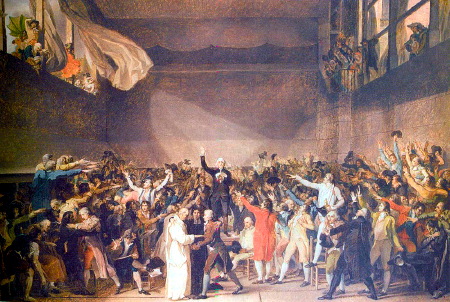Kai Nagata quits his job as a national TV broadcaster for CTV. He’s in his mid-20s. I can clearly hear the tone of his frustration and the intelligence behind his words. His angst is not just that of a personal existential crisis, but of something else —
All quotes from Kai Nagata, “Why I Quit My Job.” Read it.
On the existential breakdown of meaningless media:
I quit my job because the idea burrowed into my mind that, on the long list of things I could be doing, television news is not the best use of my short life. The ends no longer justified the means.
On the “curious medium” of TV and the sexualization of the reporter’s body:
I admit felt a profound discomfort working in an industry that so casually sexualizes its workforce. Every hiring decision is scrutinized using a skewed, unspoken ratio of talent to attractiveness, where attractiveness often compensates for a glaring lack of other qualifications.
On the CBC, the public broadcaster “leading the charge” at the Will & Kate show:
More damnably, the resulting strategy is now to compete with for-profit networks for the lowest hanging fruit. In this race to the bottom, the less time and money the CBC devotes to enterprise journalism, the less motivation there is for the private networks to maintain credibility by funding their own investigative teams.
The war against science and the rise of Harper’s right-wing:
Right now, there’s a war going on against science in Canada. In order to satisfy a small but powerful political base, the PMO is engaged in a not-so-clandestine operation to dismantle and silence the many credible opponents to the Harper doctrine. Why kill the census? Literally in order to make decisions in the dark, without the relevant data. Hence the prisons. Why de-fund scientific research? Because whole branches of the natural sciences are premised on things like evolution, a theory the minister responsible made it clear he doesn’t understand – and likely doesn’t believe in. Why settle for weak platitudes on climate change? Because despite global scientific consensus, elements of the Conservative base don’t believe human activity could warm the planet. Centuries of rational thought and academic tradition, dating back to the Renaissance, is being thrown out the window in favour of an ideology that doesn’t reflect reality.
On the downward spiral into climate change:
The dogmatic refusal to accept that people have created this crisis and people must do what they can to avert it reminds me of the flat-earth crew.
Conservative politicians are abandoning my generation and any that hope to come after.
I read this and I hear something else — the clarion call. We are not alone. We… who, us? Yes, the greater majority of humans who want the goons & the apes with all the weapons and prisons out of power. For good.







 RT
RT 